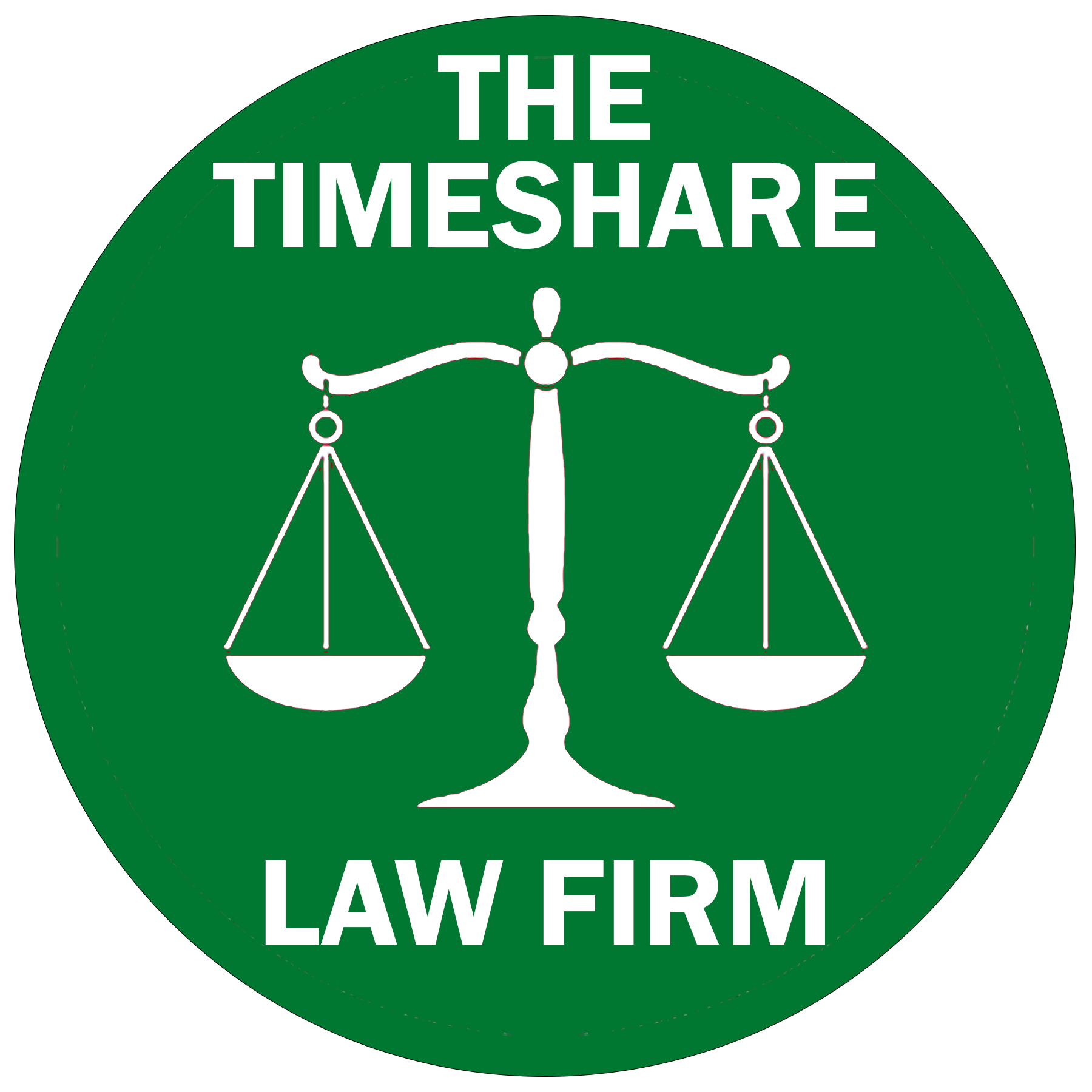Washington
Liable Charges: Misdemeanor, Felony with subsequent charges.
“(1) As used in this section:
(a) “Legal provider” means an active member in good standing of the state bar, and any other person authorized by the Washington state supreme court to engage in full or limited practice of law;
(b) “Nonlawyer” means a person to whom the Washington supreme court has granted a limited authorization to practice law but who practices law outside that authorization, and a person who is not an active member in good standing of the state bar, including persons who are disbarred or suspended from membership;
(c) “Ownership interest” means the right to control the affairs of a business, or the right to share in the profits of a business, and includes a loan to the business when the interest on the loan is based upon the income of the business or the loan carries more than a commercially reasonable rate of interest.
(2) The following constitutes unlawful practice of law:
(a) A nonlawyer practices law, or holds himself or herself out as entitled to practice law;
(b) A legal provider holds an investment or ownership interest in a business primarily engaged in the practice of law, knowing that a nonlawyer holds an investment or ownership interest in the business;
(c) A nonlawyer knowingly holds an investment or ownership interest in a business primarily engaged in the practice of law;
(d) A legal provider works for a business that is primarily engaged in the practice of law, knowing that a nonlawyer holds an investment or ownership interest in the business; or
(e) A nonlawyer shares legal fees with a legal provider.
(3)(a) Unlawful practice of law is a crime. A single violation of this section is a gross misdemeanor.
(b) Each subsequent violation of this section, whether alleged in the same or in subsequent prosecutions, is a class C felony punishable according to chapter 9A.20 RCW.
(4) Nothing contained in this section affects the power of the courts to grant injunctive or other equitable relief or to punish as for contempt.
(5) Whenever a legal provider or a person licensed by the state in a business or profession is convicted, enjoined, or found liable for damages or a civil penalty or other equitable relief under this section, the plaintiff’s attorney shall provide written notification of the judgment to the appropriate regulatory or disciplinary body or agency.
(6) A violation of this section is cause for discipline and constitutes unprofessional conduct that could result in any regulatory penalty provided by law, including refusal, revocation, or suspension of a business or professional license, or right or admission to practice. Conduct that constitutes a violation of this section is unprofessional conduct in violation of RCW 18.130.180.
(7) In a proceeding under this section it is a defense if proven by the defendant by a preponderance of the evidence that, at the time of the offense, the conduct alleged was authorized by the rules of professional conduct or the admission to practice rules, or Washington business and professions licensing statutes or rules.
(8) Independent of authority granted to the attorney general, the prosecuting attorney may petition the superior court for an injunction against a person who has violated this chapter. Remedies in an injunctive action brought by a prosecuting attorney are limited to an order enjoining, restraining, or preventing the doing of any act or practice that constitutes a violation of this chapter and imposing a civil penalty of up to five thousand dollars for each violation. The prevailing party in the action may, in the discretion of the court, recover its reasonable investigative costs and the costs of the action including a reasonable attorney’s fee. The degree of proof required in an action brought under this subsection is a preponderance of the evidence. An action under this subsection must be brought within three years after the violation of this chapter occurred.”
—RCW 2.48.180

